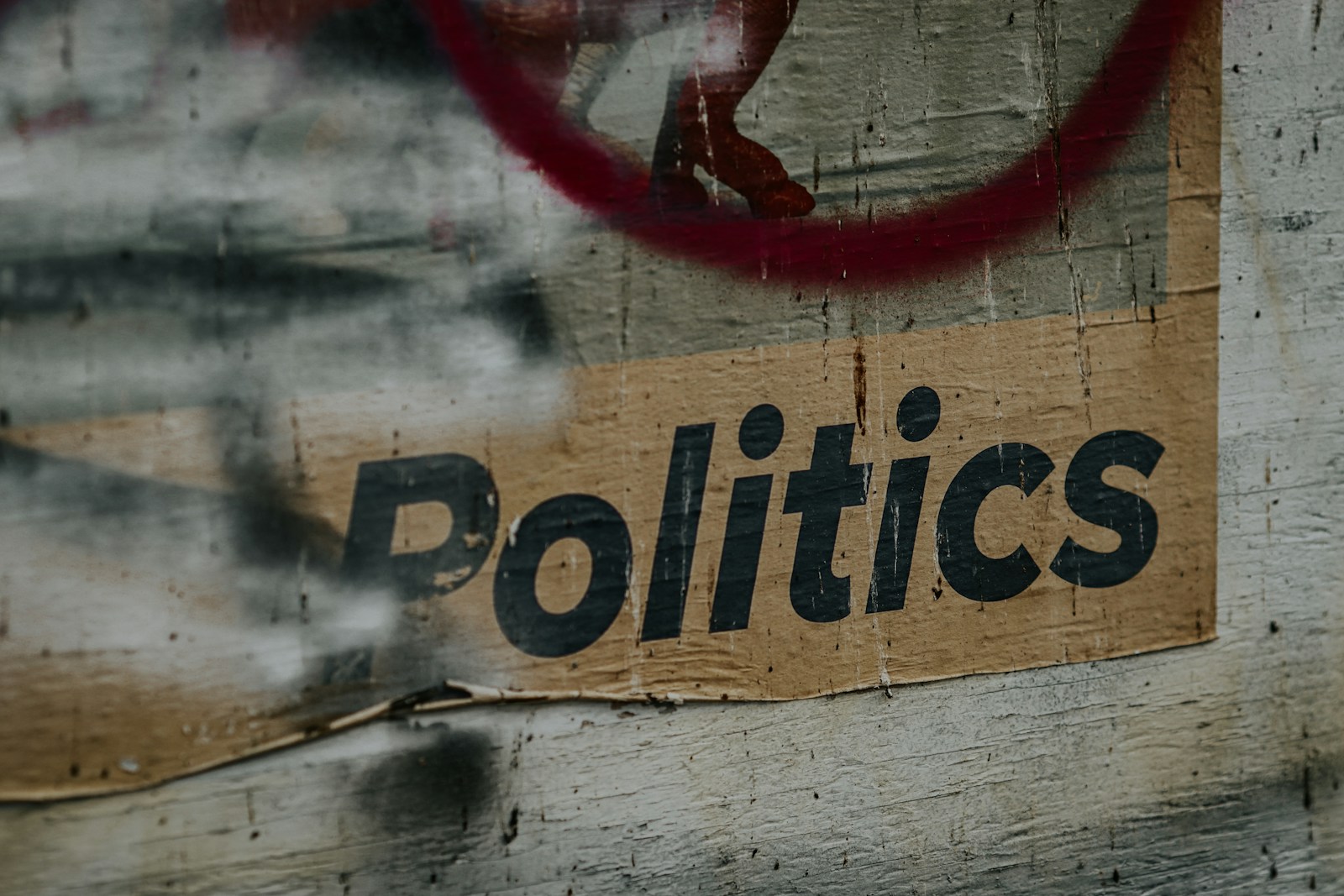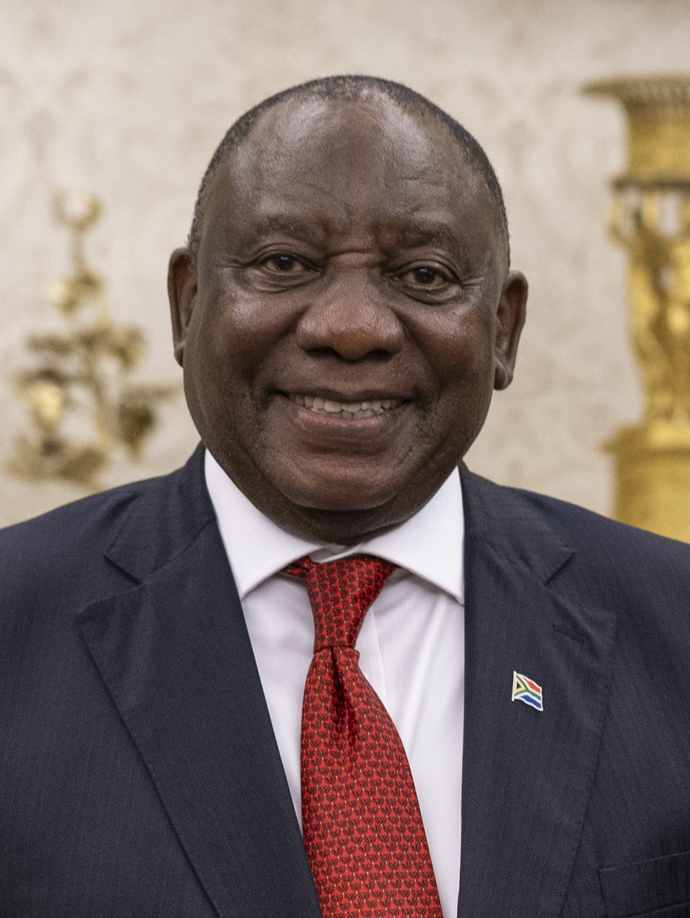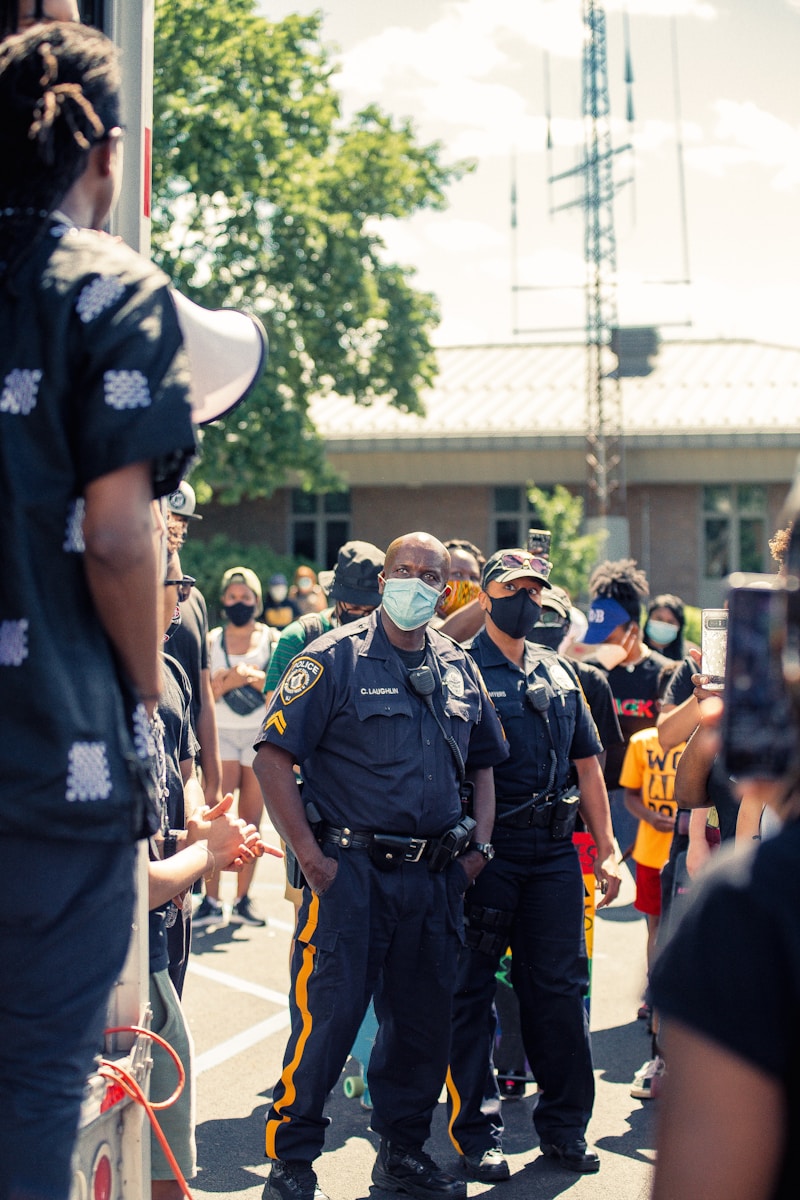Political Patronage and the Roots of Power
Political patronage is not a new invention. It is a concept that has followed societies for centuries, shaping how power is distributed, how loyalty is secured, and how the political machine operates once a party or leader rises to dominance. At its core, political patronage is a system of rewards. Those who align themselves with the victorious side are not just observers of change but beneficiaries of it. They are given jobs, contracts, positions of influence, and access to resources that others cannot reach. This dynamic makes politics less about ideology and more about strategic alignment with the winning force.
The roots of political patronage can be traced to monarchies, empires, and early democratic experiments where rulers needed mechanisms to ensure loyalty. Throughout history, power was fragile, and rulers understood that support must be purchased or guaranteed through tangible rewards. When armies needed to be fed, when bureaucracies needed to be managed, when laws needed to be enforced, rulers relied on their loyal supporters and compensated them generously. This practice ensured survival but also created inequality. Those outside the circle of favor found themselves excluded from opportunities and pushed to the margins of influence.
In the modern democratic world, political patronage takes on a different but equally powerful form. Elections, while meant to be contests of ideas, often turn into contests for access. Citizens expect promises to be fulfilled, and parties translate electoral victories into systems of distribution. Ministries and government agencies become arenas for patronage where allies are rewarded with key posts. This pattern raises critical questions about fairness, efficiency, and transparency. It also highlights the tension between democratic ideals and the reality of political practice. Understanding the roots of political patronage is the first step in recognizing why it continues to thrive despite efforts to limit its reach.
Political Patronage and Democratic Contradictions
The principle of democracy is built on equality, fairness, and representation. Every citizen, regardless of political affiliation, is meant to have equal access to opportunities. Yet political patronage directly undermines this promise. When victory leads to rewards for supporters and exclusion for opponents, democracy becomes selective. Instead of representing the entire population, governments serve only those who stood behind them during the electoral battle. This creates an atmosphere of division where citizens are categorized not by merit or contribution but by loyalty.
The contradictions of political patronage are most visible in public administration. When key positions are filled based on loyalty rather than competence, efficiency declines. Skilled professionals may be sidelined in favor of less qualified but politically connected individuals. This not only harms the delivery of services but also erodes public confidence in institutions. Citizens begin to view government not as a neutral provider but as an extension of party politics. The perception of bias is just as damaging as bias itself, and once trust is broken it becomes extremely difficult to restore.
Moreover, political patronage changes the incentives for politicians themselves. Instead of focusing on long-term national development, leaders prioritize short-term rewards for their loyalists. Infrastructure projects, social programs, and budget allocations may be directed not to where they are most needed but to constituencies that offer the most political gain. In this way, political patronage diverts resources from the national good toward partisan advantage. The contradiction becomes clear: democracy promises fairness, but patronage practices deliver inequality. For many citizens, this reality feels like betrayal and fuels disillusionment with the political system.
Political Patronage and Social Inequality
At the social level, political patronage deepens divisions and creates lasting patterns of inequality. Those who enjoy the benefits of patronage gain not only material resources but also access to networks of power that reinforce their status. They secure jobs for their children, contracts for their businesses, and influence over decisions that affect their communities. Meanwhile, those outside this circle of favor face barriers that limit mobility. The cycle becomes self-perpetuating, where the privileged remain privileged, and the excluded remain excluded.
This inequality is not merely economic. It is psychological and cultural as well. Citizens who feel excluded from the rewards of political victory lose faith in the system. They become disengaged, less likely to participate in civic life, and more vulnerable to extremist narratives that promise alternatives to a corrupted mainstream. The divide between the winners and losers of political patronage is not just about wealth but about dignity. To be ignored or punished for political affiliation is to be told that one’s voice does not matter, and this sentiment can erode the very foundation of a nation’s unity.
Political patronage also influences how communities interact with one another. When resources are distributed unequally, resentment grows. Communities that are favored may appear to prosper, while others languish. This imbalance can spark tensions that spill into protests, conflicts, and long-term social unrest. Instead of building cohesion, patronage fosters division. By tying social mobility to political loyalty, the system ensures that inequality is not random but deliberate, reinforcing divisions that last across generations.
Political Patronage and Institutional Weakness
One of the most damaging consequences of political patronage is its effect on state institutions. Institutions are supposed to function as neutral and professional bodies, designed to serve the public interest without bias or favoritism. When political patronage infiltrates these structures, it weakens their foundations. Agencies become extensions of political parties rather than guardians of the nation’s welfare. Loyalty to a leader replaces loyalty to the constitution, and performance is judged not by results but by obedience.
In this environment, accountability becomes nearly impossible. When officials are selected for their allegiance rather than their competence, they are unlikely to challenge wrongdoing. Corruption can flourish unchecked because those in power know they are protected as long as they remain loyal. Whistleblowers are silenced, audits are ignored, and investigations are blocked. Instead of acting as safeguards, institutions become shields for corruption. The state appears strong from the outside but is hollow from within.
This institutional weakness has long-term consequences. Once credibility is lost, restoring it requires generations. Citizens no longer see public offices as symbols of service but as prizes to be won by whichever party dominates. Young people aspiring to join public service quickly learn that merit is not enough; political allegiance is what opens doors. Over time, the brightest minds may avoid government careers altogether, leaving a vacuum filled by opportunists. The cycle of weakness perpetuates itself, making reform harder with each passing year. Political patronage thus becomes a self-reinforcing mechanism that corrodes the very institutions meant to protect society.
Political Patronage and Economic Distortion
The economy is not immune to the effects of political patronage. In fact, it is one of the sectors most vulnerable to distortion when loyalty takes precedence over merit. When contracts are awarded to allies rather than to the most capable providers, efficiency declines. Roads may be built poorly, hospitals may lack essential equipment, and schools may remain underfunded. The resources of the nation are not deployed where they are most needed but where they serve the interests of the ruling elite. This leads to waste, mismanagement, and often corruption on a massive scale.
Entrepreneurs and investors also feel the weight of political patronage. Instead of competing on a level playing field, they find themselves competing for political favor. Access to credit, permits, and opportunities becomes tied to connections rather than innovation or hard work. This discourages genuine enterprise and pushes talented individuals toward clientelism rather than creativity. The result is an economy that rewards conformity and punishes risk-taking. Growth stagnates, unemployment rises, and inequality deepens, all because the market is distorted by political considerations.
The long-term economic costs of political patronage are immense. Nations caught in this cycle often struggle to attract foreign investment, as global partners hesitate to engage with systems perceived as corrupt or unstable. Productivity suffers when projects are given to unqualified actors, and public debt rises as governments spend without accountability. In the end, political patronage does not only harm governance but also undermines economic stability. It shifts resources from public benefit to private gain, ensuring that the promise of development remains unfulfilled for the majority of citizens.
Political Patronage and Public Trust
Trust is the invisible glue that holds societies together. Without trust in institutions, leaders, and the political process, citizens become cynical and disengaged. Political patronage erodes this trust at its core. When people witness favoritism replacing fairness, when they see resources distributed not by need but by loyalty, their faith in the system collapses. The message they receive is clear: democracy is not about representation but about reward, and justice is reserved for insiders.
This erosion of trust manifests in many ways. Voter turnout may decline as citizens conclude that elections change nothing. Protests and strikes may become more frequent as communities express frustration at being marginalized. In extreme cases, citizens may resort to violence, believing that peaceful participation is meaningless. The loss of trust creates instability, making governance harder and weakening the capacity of the state to respond to crises. Even policies that might benefit society are met with skepticism, as citizens question the motives behind every decision.
Rebuilding trust once it is broken is one of the greatest challenges a society can face. Transparency, accountability, and genuine reform are essential, but they require political will that is often absent in systems dominated by patronage. Leaders must be willing to sacrifice short-term advantage for long-term legitimacy. Without this shift, the cycle of distrust continues, leaving societies fragmented and vulnerable. Political patronage, by prioritizing loyalty over fairness, destroys the very foundation of public confidence that democracy depends on.
Political Patronage and Citizen Voices
Citizens are not passive observers of political patronage. They feel its effects in their daily lives, from the quality of services they receive to the fairness of opportunities available to them. When a community is excluded from benefits because of political affiliation, its members become vocal. They demand inclusion, accountability, and an end to favoritism. These voices, although sometimes ignored, are critical in shaping the public discourse and pushing for change. Without pressure from citizens, governments rarely find the motivation to reform.
Public debates often highlight these frustrations. Individuals share stories of inequality, of watching others prosper simply because of connections rather than competence. These narratives reveal how deeply political patronage shapes social life and influence perceptions of justice. For a deeper look at similar public discussions, you can read more under Government Mauritius.
Political Patronage and Global Lessons
Political patronage is not confined to a single country or region. It is a global phenomenon, visible in democracies and authoritarian systems alike. By studying different nations, we can see patterns emerge. Some countries have developed strong institutions that limit patronage, while others remain trapped in cycles of favoritism that hinder progress. International comparisons reveal both cautionary tales and success stories that can serve as guides for reformers.
Organizations dedicated to governance and transparency have documented these trends extensively. Reports show how patronage undermines economic growth, corrupts institutions, and reduces trust in government. They also highlight the tools needed to fight it, such as open procurement systems, independent auditing bodies, and strong civil society participation. For a reliable source on these issues, see Transparency International, which provides global insights into the challenges of corruption and favoritism.
Political Patronage and Reform Challenges
Reforming systems dominated by political patronage is an enormous challenge. Leaders who benefit from favoritism rarely have incentives to dismantle it. Attempts at reform often face resistance not only from politicians but also from those who profit from their proximity to power. The cycle is deeply entrenched, with networks of support and expectation built over decades. Breaking these patterns requires not just legal changes but cultural shifts in how societies view power and reward.
One major obstacle is that reforms are often perceived as threats by entrenched elites. Laws may be passed to increase transparency, but without enforcement they remain symbolic. Civil society and independent media play essential roles in holding leaders accountable, yet they too face pressures when patronage dominates. Reform is therefore not a single event but a continuous process of struggle, negotiation, and adaptation. Citizens must remain vigilant, and institutions must be strengthened if lasting change is to be achieved.




